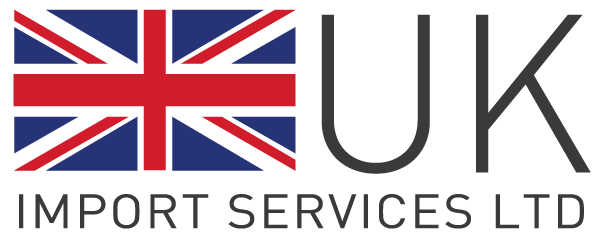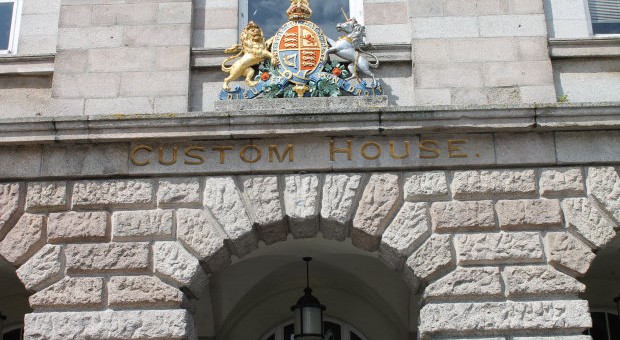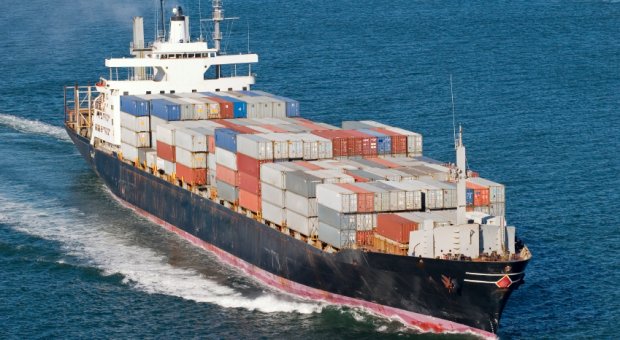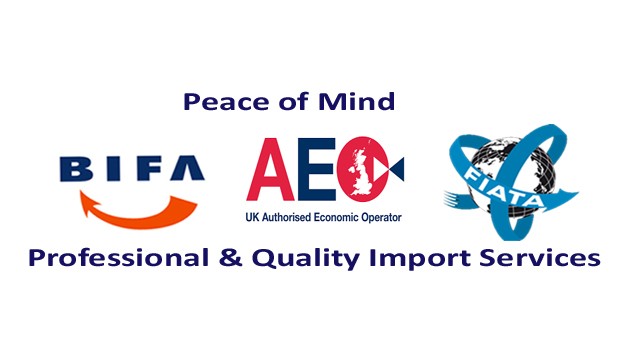Free from UK Landlines
Importing into the UK?
Contact us to see if we can help you.
Why not see if we can help with paying the excise duty to UK Customs
Inward Processing Relief (IPR)
Not all goods coming into the UK will be staying here in the UK. If you would like any advice and/or assistance relating to your particular goods / circumstances, then please feel free to contact a member of the Imports team, who will be happy to try and assist you.
If your goods are coming in to be processed in some way, then you may want to start by reading the following:
All of the information shown below was originally taken from the Public Notice: 221 Inward Processing Relief (Jan 2003). Although the principals are unchanged, this notice has now been replaced by the information on the following HMRC webpage:
Apply to delay or pay less duty on goods you import to process or repair
You can usually claim relief from Import duties and VAT on goods being brought into the UK on a temporary basis, when they are being processed. However, conditions do apply, so please ensure that you read through this section thoroughly and email us, should you have any questions.
Before you contact a UK Customs broker about the temporary import of your goods, please contact the Customs team who advises on and controls any goods coming in for repair. Contact:
National Import Reliefs Unit (NIRU)
Dorchester House, 52-58 Great Victoria Street
Belfast
Northern Ireland, BT2 7WF
Telephone 0300 322 7065
Email niru@hmrc.gov.uk
The NIRU is open from 8am to 4pm, Monday to Friday
If you are importing goods for processing on a regular basis, then you will need to apply for full authorisation from a department called CITEX. You can email them on inward-outwardprocessing.citex@hmrc.gov.uk
Please note: Any person who makes a false declaration or provides untrue information about goods entered to IPR may be liable to penalties under the Customs and Excise Management Act 1979.
Click on the blue lines for more information, but note that some of the information may be out of date, which is why we recommend contacting the NIRU, mentioned above. ukimports
Who can use IPR
IPR provides relief to promote exports from the EC and assist Community processors to compete on an equal footing in the world market.
Duty is relieved on imports of non EC goods which are processed in the Community and re-exported provided the trade does not harm the essential interests of Community producers of similar goods. It can provide relief from customs duty, specific customs duty (previously CAP charges), anti-dumping duty, countervailing duty but does not relieve excise duties.
Import VAT is not due when entered to IPR suspension but is due if entered to IPR drawback.
Processing can be anything from repacking or sorting goods to the most complicated manufacturing.
You may also obtain relief if you receive IPR goods from another approved trader in the UK or another Member State. If you dispose of the finished goods other than by re-export, you may still be able to claim relief. ukimports
How IPR works
- Individuals, partnerships or corporate bodies established within the European Community, acting on their own behalf or representing a non Community body;
- Individuals, partnerships or corporate bodies established outside the European Community provided imports are of a non commercial nature. ukimports
IPR Suspension
Customs duties are suspended when the goods are first entered to IPR in the EC. Import VAT is not due unless the goods are released to the Community market.
If you plan to export or transfer only a percentage, suspension can be used for that percentage of your imports/receipts, based on a reasonable estimate. The remainder should be entered to free circulation with full payment of duty and import VAT (unless another duty or VAT relief is available).
If you import/receive more goods under IPR suspension than you need for your export market or other eligible disposals, you will have to divert the surplus goods to free circulation. You will have to pay the suspended duty and import VAT and will also be charged compensatory interest from the date the goods were imported to the EC.
The goods listed in paragraph 27.2 of Public Notice 221, must be entered to suspension. These include agricultural goods, some licensable goods (mostly textiles) and any goods you intend to process under IPR in a Customs warehouse or Free Zone. The conditions for using suspension are also listed under section 28 of the Public Notice 221. ukimports
IPR Drawback
Customs duties and import VAT are paid when the goods are entered to IPR. You claim duty back only if you export the goods or products, transfer them to an IPR suspension authorisation holder or dispose of them in one of the other ways. You may be able to reclaim the import VAT as input tax. You will not be able to reclaim duty on goods you destroy under Customs supervision or on any waste and scrap which results from that destruction.
Except for goods listed in paragraph 27.2 of Public Notice 221, which cannot be entered to drawback, this method may suit you if you do not know how much of the goods you receive will be exported etc and you will not be charged compensatory interest on any goods you release for use on the Community market. The conditions and restrictions for using drawback are listed at section 27 of the Public Notice.
How long does authorisation take?
If you apply for an authorisation using form C&E 810 you should be informed of the decision to grant or reject the application within 30 days of Customs receiving the application. However, this period will not start until all the necessary information required is received. When an authorisation is issued you will only be approved to receive goods under IPR that are specified in your authorisation. ukimports
How long does authorisation last?
The length of time an IPR authorisation can be used will depend on the type of goods and processing involved. Except for Simplified authorisations, where the period of authorisation is limited to the period required to process and re-export the goods (see section 4), all other types of authorisation should not normally exceed 3 years from the date the authorisation takes effect. However restricted periods of authorisation do apply to certain agricultural goods:
– 6 months in the case of agricultural products (see paragraph 26.1 of Public Notice 221);
– 3 months for dairy products referred to in Article 1(1) of Council Regulation (EC) No 1255/99 (see section 33 of the Public Notice).
Except for these goods longer periods may in certain circumstances be approved where there are duly justified good reasons, for example a fixed term contract or commercial agreement. You should contact your supervising office for specific details. ukimports
Note: This information contained on this page is only a brief section of the information that can be found on the 122 page Public Notice 221. Please ensure that you read the Customs webpage and discuss the criteria with your preferred clearing agent to ensure that your goods are eligible for relief.
For more information on how importing under IPR works, please feel free to contact a member of our Imports Team, on 0345 309 6360, or email us at: enquiries@ukimportservices.com.
Other related pages
Import Information
Product Information
Customs Clearance
- Basic Import Advice
- Broker Agent Information
- UK Commodity Classification Codes
- Customs Declaration Service (CDS)
- Customs Exchange Rates
- Customs Freight Simplified Procedures
- Frequently Asked Questions
- How to Calculate UK Import Duty
- Customs Procedure Codes
- Import Duty VAT Calculator
- Inward Processing Relief
- Outward Processing Relief
- Return Goods Relief
Contact us to see if we can help you.
Why not see if we can help with paying the excise duty to UK Customs
Share to
Global Shipping and UK Customs Broker
PO Box 832
Rainham
Kent
ME8 1DQ
United Kingdom
Designed by UK Imports
© 2024 UK Import Services Ltd - All rights reserved
Disclaimer: UK Import Services Ltd is not responsible for any content or advice given in any external site and we are not endorsing or promoting any product or company referred to on our site.






